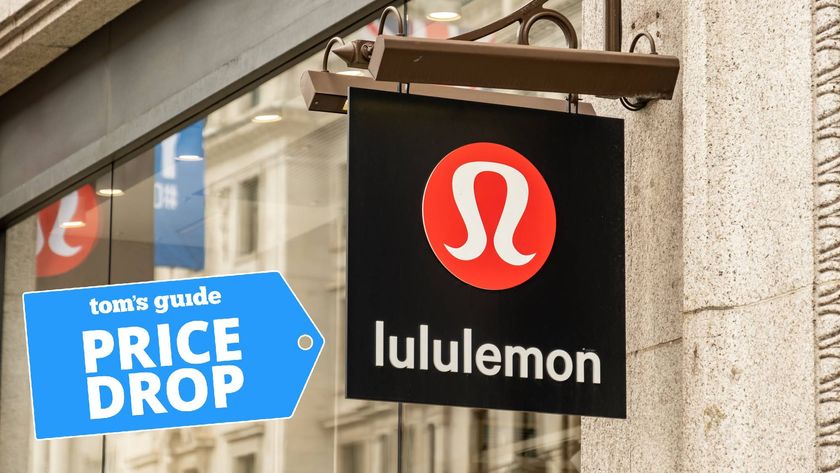Samsung TVs May Eavesdrop on You - So What?
Samsung Smart TVs in the UK can apparently hear your conversations and share them with third parties -- but they couldn't work any other way.

UPDATE: Tom's Guide received a response from Samsung, which is reprinted here in its entirety:
"Samsung takes consumer privacy very seriously. In all of our Smart TVs we employ industry-standard security safeguards and practices, including data encryption, to secure consumers’ personal information and prevent unauthorized collection or use.
Voice recognition, which allows the user to control the TV using voice commands, is a Samsung Smart TV feature, which can be activated or deactivated by the user. The TV owner can also disconnect the TV from the Wi-Fi network. Should consumers enable the voice recognition capability, the voice data used consists of TV commands, or search sentences and does not contain personal identifiers. Users can easily recognize if the voice recognition feature is activated because a microphone icon appears on the screen.
Samsung encourages consumers to contact the company directly with any product concerns or questions at 1-800-SAMSUNG."
This update suggests that the Voice Recognition data-sharing is also present in North American TV models.
ORIGINAL STORY: Could your TV be watching you? A privacy policy associated with Samsung's Smart TVs in the United Kingdom informs consumers that the devices' voice-recognition feature is hearing their words and sharing them with third parties. Privacy advocates on sites such as Reddit are comparing the Korean company to Big Brother, but they don't realize that we may already be living in 1984.
While it's true that you may want to either clam up or disable the feature, Samsung's policy is hardly unprecedented, nor is it any worse than what many people have willingly shared with advertisers for the last 20 years.
MORE: Best Video Streaming Services
Sign up to get the BEST of Tom's Guide direct to your inbox.
Get instant access to breaking news, the hottest reviews, great deals and helpful tips.
A Reddit thread on r/technology Feb. 5 drew attention to the policy, which has actually been in place since Samsung's smart TVs have had voice-recognition commands. The policy on Samsung's U.K. website states that "[If] your spoken words include personal or other sensitive information, that information will be among the data captured and transmitted to a third party through your use of Voice Recognition."
In other words, Samsung's Voice Recognition feature is always listening, unless you deactivate it. If you think about it, there's really no other way the feature — or the similar feature on Microsoft's Xbox One with Kinect — could work. It also appears that that the "third party" may simply be a cloud-based voice-recognition service contracted by Samsung.
To their credit, Reddit commenters accepted the stipulation with good humor. You can turn the feature off, which prevents Samsung from collecting data, but also prevents you from making use of Voice Recognition features, such as being able to turn the TV on and off by simply speaking to it.
Here's the kicker, however. Even if you turn the feature off, Samsung may still collect data about your Smart TV usage habits. It even says as much in the British privacy policy. Every time you sign into a streaming service, or browse the Internet, or even just press a button on your remote control, Samsung is collecting your data and, perhaps, sharing it with third parties.
Samsung isn't alone; this is something that just about every company with an online presence does, including the United States government.
It's not clear whether North American Samsung TVs with voice-recognition technology collect the same data, or come with similar privacy warnings. The privacy warning seen by Reddit may be there only to comply with U.K. or European Union regulations, which may not have parallels in the United States or Canada.
If you're frightened about Samsung sharing what you say, accept it as a matter of course that whatever you type into the TV is fair game.
Consumer-data collection is hardly unique to Samsung. Apple, Google, Facebook, Microsoft and just about every company on the Internet — including Samsung's fellow Korean TV maker LG, which was embroiled in a similar controversy in the UK 15 months ago — take your data (with your permission) and sell it to advertisers, and some of them even do it by listening into you. Read their privacy policies.
If you're concerned about Samsung capturing personal data from your offhand conversations, go ahead and disable Voice Recognition. But as for the associated moral panic, it may be too little, too late. The Internet runs on your personal data, and there's not much you can do about it.
Marshall Honorof is a Staff Writer for Tom's Guide. Contact him at mhonorof@tomsguide.com. Follow him @marshallhonorof. Follow us @tomsguide, on Facebook and on Google+.
Marshall Honorof is a senior editor for Tom's Guide, overseeing the site's coverage of gaming hardware and software. He comes from a science writing background, having studied paleomammalogy, biological anthropology, and the history of science and technology. After hours, you can find him practicing taekwondo or doing deep dives on classic sci-fi.

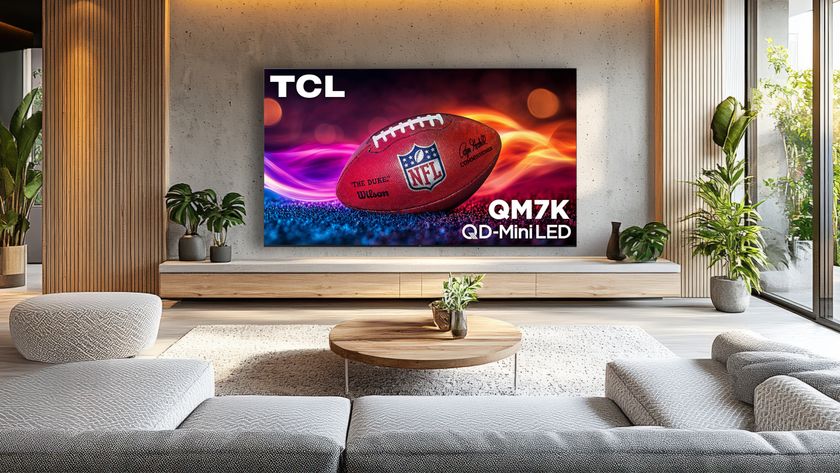
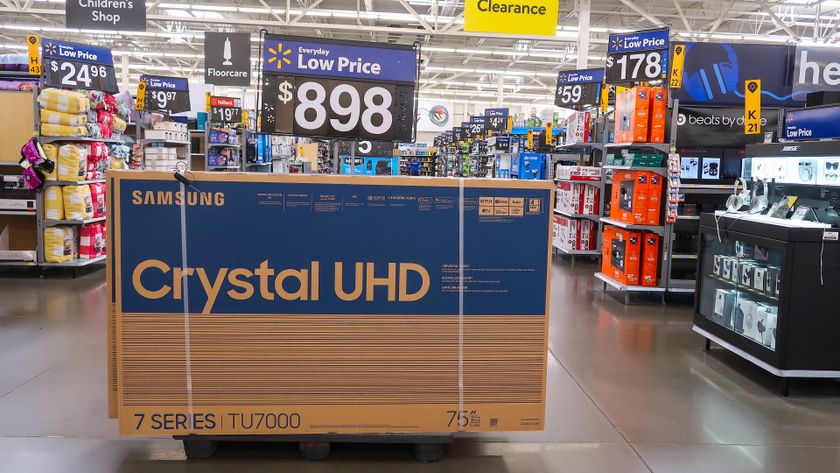


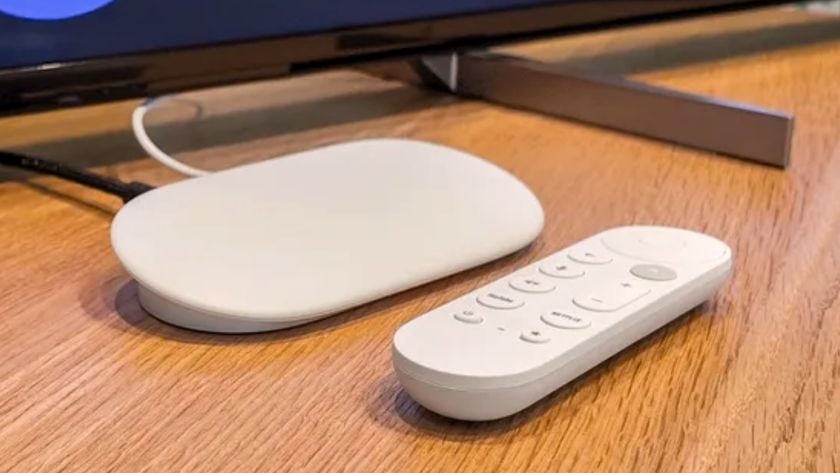
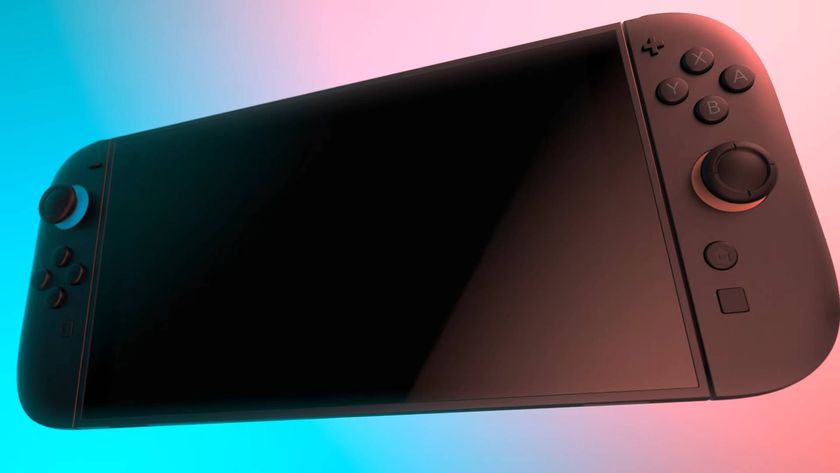


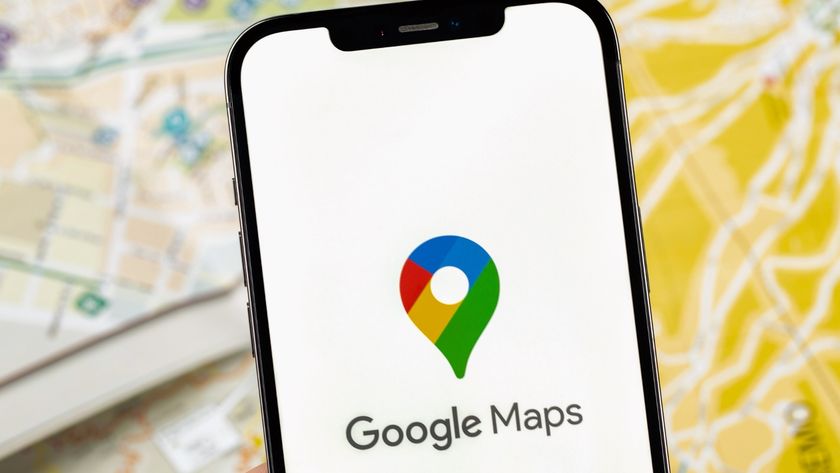

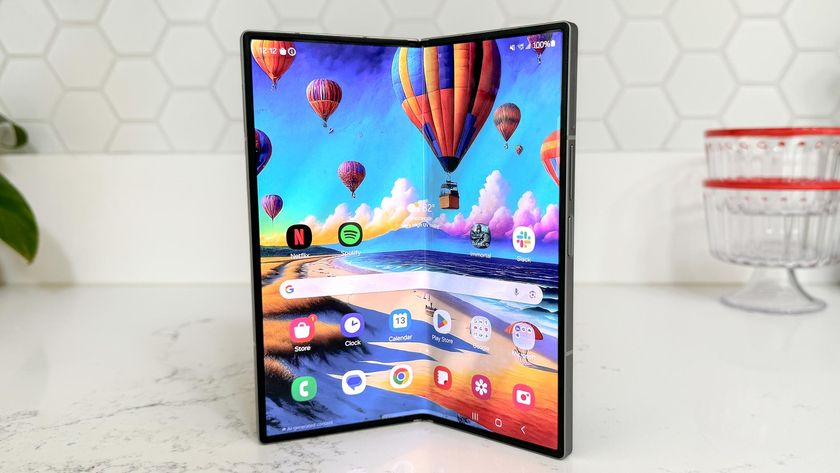
-
InvalidError There is a way to do voice recognition without having to send data to third-parties: do the voice recognition locally, as they used to do it on PCs years ago, instead of the cloud.Reply -
tehace No wonder the voice recognition on these TV's don't work 90% of the time. They are too busy listening to everything else I am saying to relay the commands. I turned off the feature long ago simply because it activated more times when I didn't want it than did.Reply -
JTWrenn This was a snarky and generally pissy article. Really came off like a take it or f off sort of statement. It also really missed the point. The TV doesn't need to send anything at all to 3rd parties....ever. It may need to send it to the cloud for proper voice recognition but 3rd parties are an entirely different thing. There should be 3 options for this. 1 completely on. 2 completely off. 3 on but no sharing/storing of data. Why is that so hard? Also, why does it need to store or send any data until it gets a keyword to start recording? I am pretty sure you can make a command sentence like "ok google" that starts the voice rec without recording everything. Would it have to listen sure...send everything to the net? Hell no. If their tech can't recognize 2 words without using the cloud it is crap and should not be used at all.Reply
Either way respect your readers a bit more. Everyone has different needs/concerns in this world. Some want voice rec, and privacy. Just because you can live with one or the other doesn't mean everyone should. -
ananke Data collection and reselling to third party is one of the major, if not the most part of revenue and profit increase. Nobody offers these services simply for customer's convenience - voice recognition, cloud, searches etc are building profiles which are the major profit center today.Reply -
SonSon1 What happened with Toms anyway?? This article is a piece of poorly made OP-ED written by a typical gaming media level" journalist".Reply -
therealduckofdeath Did Tom's just hire a bunch of tech illiterates for 2015? First a supposedly hardcore Windows user who's trying to justify paying $600 for a used Mac and then this? Phones has been "eavesdropping" on us for years. My phone can be woken up simply by calling it.This is not eavesdropping, it's technology designed to work with touchless voice control.Reply -
Mikarri Is it right or moral? Debatable and ultimately a personal issue that will be different for everyone. Is it legal? Absolutely. I'm not saying I like my data being sold to people, but it's just a fact of the times we're living in. All those EUAs we all scroll down through in 2 seconds and click "I Agree" in an impatient fervor to start using the item or service clearly state things like what this article is talking about. You said you agreed to Samsung's, Microsoft's, Apple's or whomever's terms which were to use your data however they please. And why do we agree? Because we want what they're selling and if we did not agree to these kinds of terms one of two things would happen: either A, the product or service would go away, or B, it would cost large sums of money to use these products and services because now they would not get revenue from these third parties. Do you want to pay Facebook a monthly subscription? Do you want to pay twice or even three times as much for that tv or blu-ray player? Of course not. If these agreements are too much for you to be comfortable with, then sadly you'll just have to go without. At the end of the day you have to ask yourself if it's worth it, and if it's not...can you go without it?Reply -
alextheblue ReplyI don't know, smug prick, maybe the reason people find this invasive is that there's a tangible difference between typing words onto a website or email and having a completely offline conversation in your living room.
How dare you not enjoy being spied on 24/7 and having everything you say sent to third parties! I bet you don't even love the piss-poor security allowing these devices to be hacked and used to spy on you directly!
Seriously, you're comparing a device that sells your every word vs Google Now and Kinect that listen for keywords. Not even close. I don't really trust Google all that much but there's degrees of bad and this is BAD. We don't need a supposedly professional journalist apologizing for this bad behavior! This is as bad as the Nvidia RAMgate apologist article. Geez guys get it together! Expose bad behavior by these companies, don't celebrate it!

